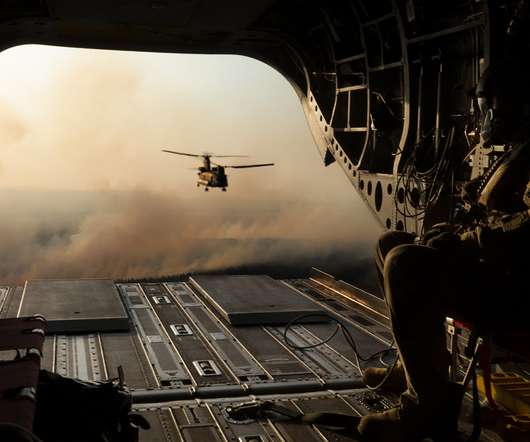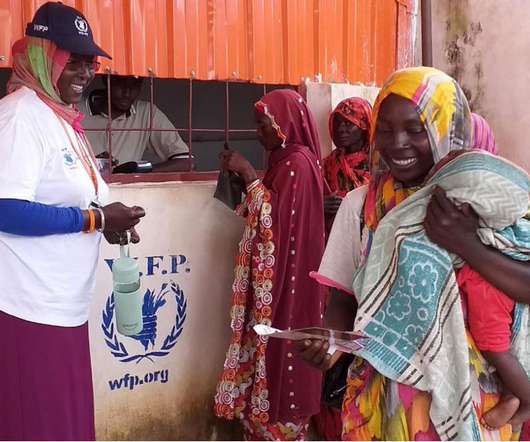Toilet paper and total war – the psychology of shortages and what it means for resilience
Logistics in War
MARCH 7, 2020
Lessons can come from extrapolating what we witness every day; from events that capture tangible and intangible aspects of sustaining normal life. A normally stable balance of supply and demand is upset by events, with consumer behaviour in panic-buying magnifying the problem. Australian consumers are fearful.













Let's personalize your content